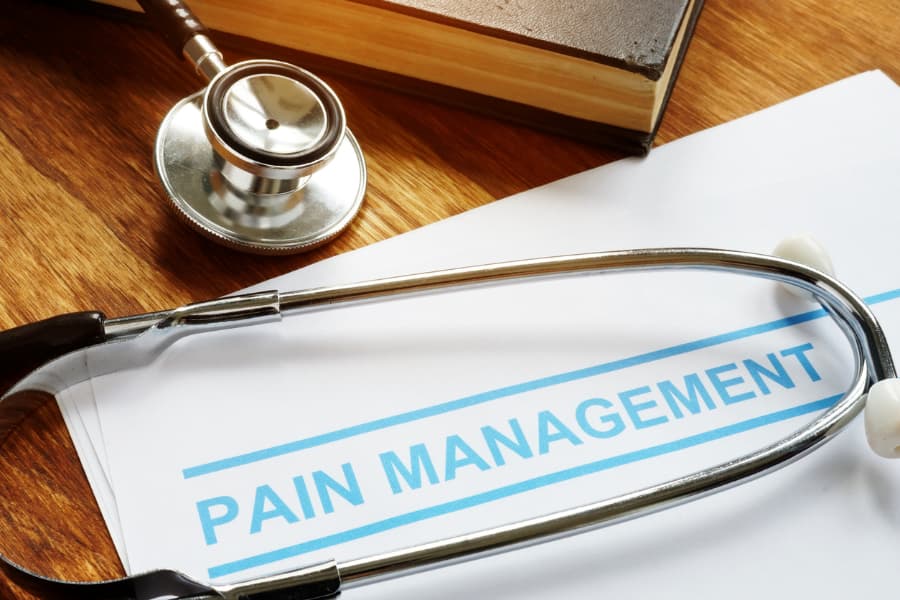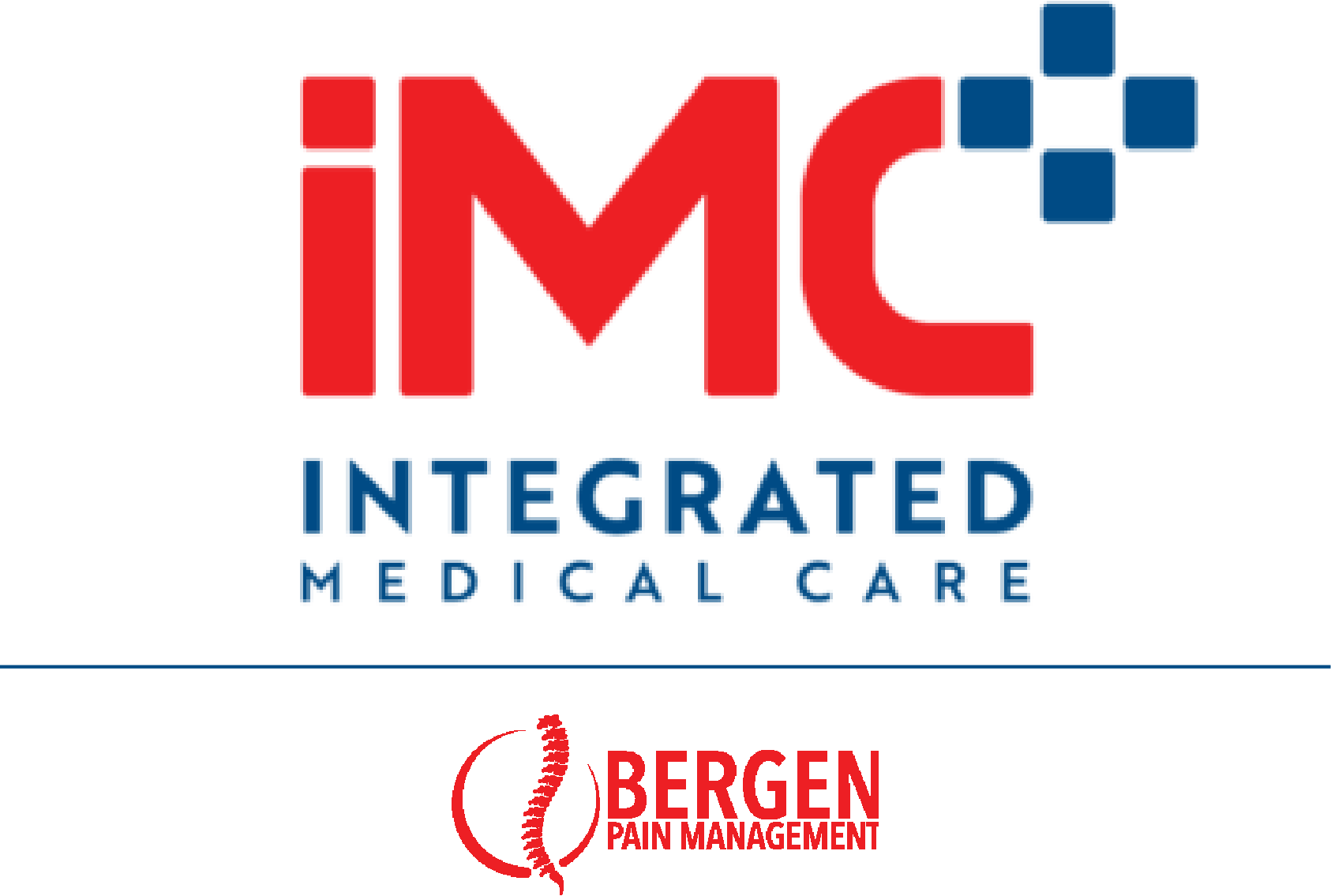
Treating Reflex Sympathetic Dystrophy in Northern New Jersey
While there is no official cause, reflex sympathetic dystrophy (RSD), also known as complex regional pain syndrome (CRPS), presents after a severe injury and brings with it pain and discomfort. Because it is a condition that affects the sympathetic nervous system, it directly affects blood flow to injured areas of the body and causes a host of symptoms that worsen over time. However, it is treatable, and if you’re in Bergen, Hudson, Union, Morris, Essex, or Passaic County in New Jersey, relief from Bergen Pain Management is never far away.
What Is Reflex Sympathetic Dystrophy?
Your sympathetic nervous system is the function of your body that controls blood flow, which, in turn, helps regulate blood pressure and heart rate. After a severe injury, your sympathetic nervous responds by limiting blood flow to the area to reduce bleeding, and then it restores proper flow as it heals. However, with RSD, the initial signal is never shut off. RSD is sometimes referred to as Type I CRPS, which is caused by damage to the tissue but does not indicate any nerve damage to the afflicted area.
Signs, Symptoms, And Causes
RSD causes long-lasting pain and typically appears in an arm or leg and can appear after a severe injury, stroke, or heart attack. Unfortunately, the severity of your pain is oftentimes greater than what you had felt with the initial injury. Symptoms may include:
- Aching
- Burning sensations
- Cold sensations
- Deep, throbbing pain
- Redness covering the skin of the injury
- Skin that’s warm to the touch around the injured area
- Swelling at and around the site of the injury

Diagnosis And Treatment Options For RSD
While physicians are still unsure as to what the explicit cause of RSD is, there are still several treatment plans to help manage and minimize the pain you’re experiencing. With RSD, the best thing is to catch it early on. The sooner you receive a diagnosis, the sooner you can begin pain management. A diagnosis typically involves X-rays, MRI scans, a sweat test, bone scans, and a thermography test, which all allow Dr. Thomas Ragukonis to see whether or not the sympathetic nervous system is functioning properly on and around the injury.
While you can manage symptoms early on with over-the-counter medications, a medical diagnosis can provide you with the option for prescription medication that more effectively combats the pain you’re experiencing. These medications may include antidepressants, non-steroidal anti-inflammatory drugs (NSAIDs), and more. In addition, Dr. Ragukonis may also recommend the following treatments for RSD:
- Physical therapy
- Hand splints to stabilize the area
- Transcutaneous electrical nerve stimulator
- Hot and cold compress
